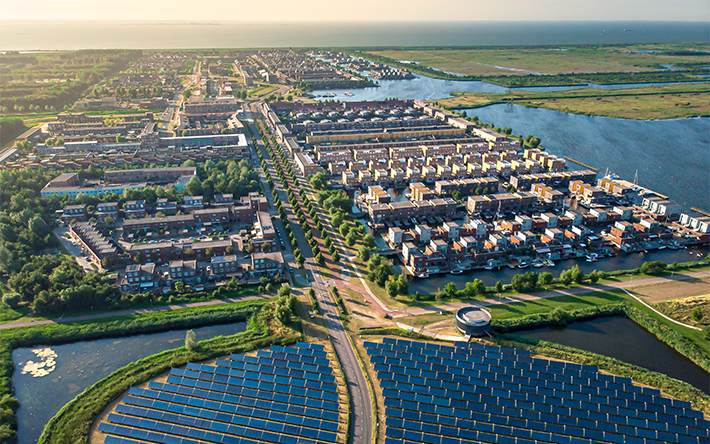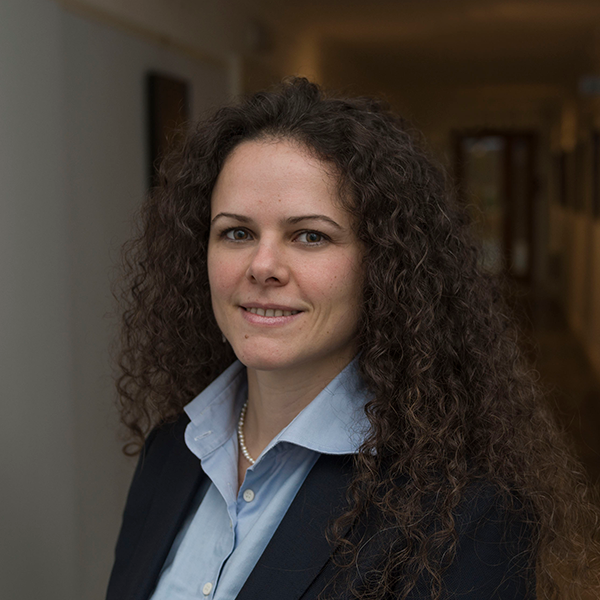
Promover a coesão social e a convergência
A promoção da coesão social e da convergência é uma das seis principais atividades do programa de trabalho da Eurofound para o período 2021-2024. A Eurofound continuará a funcionar como centro de conhecimentos especializados para acompanhar e analisar as principais tendências e os fatores determinantes para alcançar uma convergência ascendente nas condições de vida e de trabalho, assim como para reforçar a coesão económica e social na UE. A pandemia da COVID-19 representa um desafio sem precedentes à resiliência económica e social da UE, revelando a fragilidade de todos os progressos que já foram alcançados nos padrões de convergência.
Ao longo dos próximos quatro anos, a Eurofound fornecerá um contributo importante para os desafios e perspetivas no domínio da coesão social e da convergência na UE, ajudando a assegurar a resiliência das suas economias e sociedades aos futuros choques. A Eurofound irá desenvolver o seu trabalho de anos anteriores sobre o tema da convergência ascendente, com especial incidência no potencial aumento de novas desigualdades entre os cidadãos e na forma de enfrentar os crescentes desafios que a crise gerou para a coesão social. A Agência apresentará regularmente relatórios sobre as tendências de convergência ascendente na dimensão socioeconómica, bem como nas dimensões definidas no Pilar Europeu dos Direitos Sociais ao nível dos Estados-Membros e ao nível regional, comparando simultaneamente a UE com outros países desenvolvidos.
Ao analisar os fatores determinantes e as implicações da convergência económica e social, a Eurofound estará atenta a uma série de outros fatores: o investimento social, a mobilidade e os quadros institucionais, a regulamentação, os sistemas de proteção social, a qualidade institucional e os serviços públicos , o diálogo social e as reformas estruturais. Os estudos examinarão a eficácia da resposta da UE à pandemia na perspetiva da convergência económica e social. Será também analisada a situação na área do euro, bem como a influência dos processos de relações laborais na convergência.
A Eurofound investigará as tendências e os fatores determinantes da coesão social na União Europeia, examinando, em particular, a forma como a pandemia de COVID-19 acentuou as desigualdades existentes ou desencadeou novas desigualdades que afetam a sociedade de forma mais ampla ou grupos específicos de cidadãos. A análise incidirá nas disparidades ao nível económico, social e da saúde, tanto no mercado de trabalho, como no acesso a bens e serviços essenciais, como os cuidados de saúde, a habitação, a educação e a proteção social . Será efetuada uma análise da relação entre desigualdades, confiança nas instituições e descontentamento. Outras áreas de interesse incluem as migrações , a integração e as tensões sociais.
Os resultados de toda esta atividade de investigação contribuirão para o trabalho dos diferentes serviços da Comissão Europeia e do Comité do Emprego (EMCO), do Comité da Proteção Social (CPS), do Comité Económico e Financeiro (CEF), do Conselho e do Parlamento Europeu, incluindo no que se refere ao Semestre Europeu.
- Infografia: Promover a coesão social e a convergência na UE
«A crise da COVID-19 trouxe novamente o conceito de convergência ascendente para o centro do debate político... A convergência ascendente é importante para a estabilidade da União. Se a promessa de convergência ascendente não for cumprida, corre-se o risco de comprometer o funcionamento da União e criar um descontentamento político em relação ao projeto da União Europeia.»
Massimiliano Mascherini, Chefe da Unidade de Políticas Sociais

























